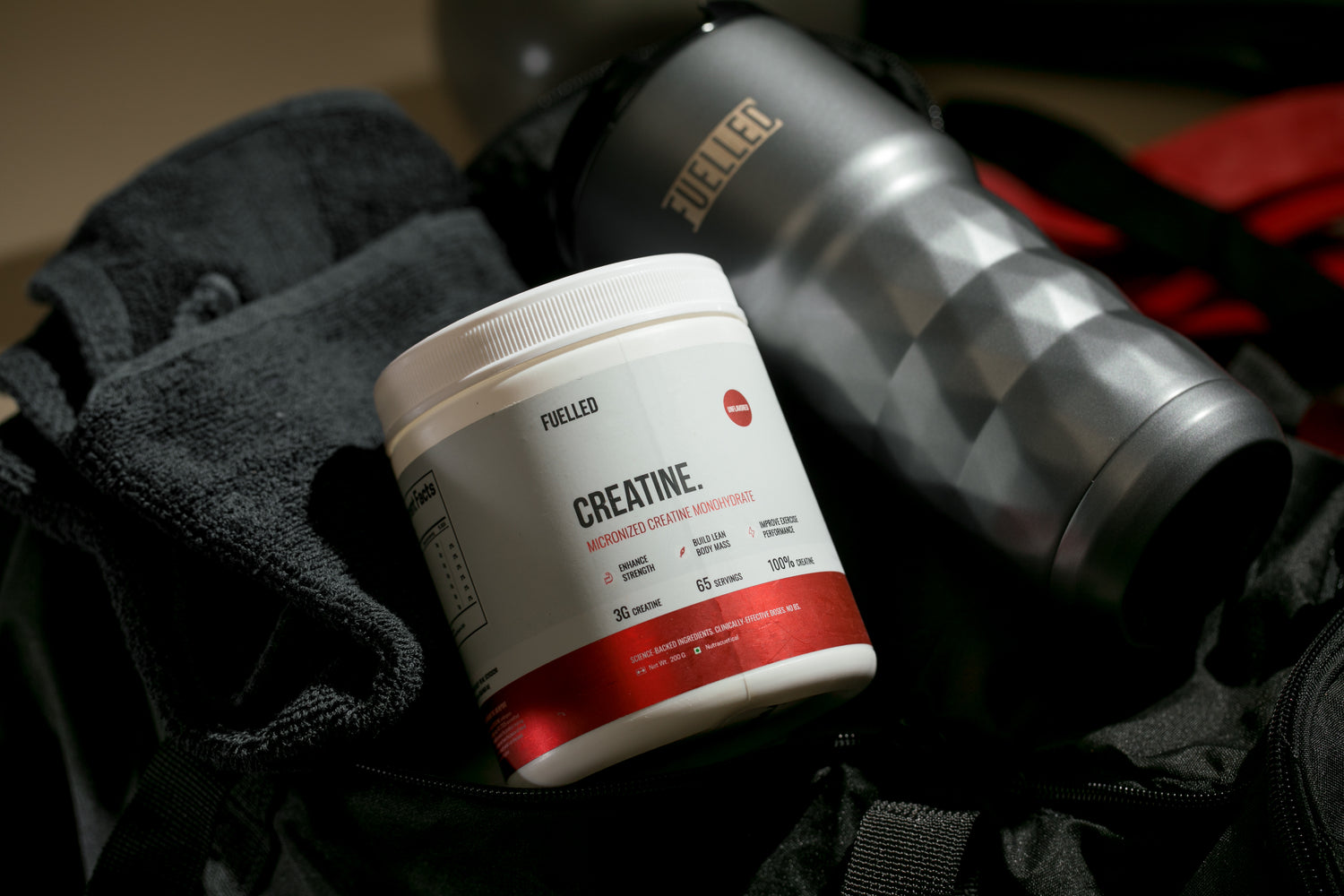Creatine is a popular supplement that is commonly used by athletes and bodybuilders to enhance their performance. However, there is a common misconception that creatine can have dangerous side effects. In this article, we will explore the truth behind creatine side effects and provide tips on how to avoid them.
What is Creatine?
Creatine is a compound that is naturally produced by the body and is found in small amounts in meat and fish. It is stored in the muscles and used as a source of energy during high-intensity exercise. Creatine supplements are used to increase the amount of creatine in the muscles, which can improve athletic performance.
The Truth About Creatine Side Effects
Despite the widespread use of creatine supplements, there is little evidence to suggest that they have harmful side effects. In fact, multiple studies have shown that creatine is safe and well-tolerated in healthy individuals.
One of the most commonly cited side effects of creatine is that it can cause kidney damage. However, this claim is not supported by scientific evidence. A review of 22 studies found that there is no evidence to suggest that creatine supplements have any negative effects on kidney function in healthy individuals.
Another concern is that creatine can cause dehydration and muscle cramps. While it is true that creatine can cause an increase in muscle water content, which can lead to dehydration if adequate fluids are not consumed, there is no evidence to suggest that creatine causes muscle cramps.
How to Avoid Creatine Side Effects
While the scientific evidence suggests that creatine supplements are safe and well-tolerated, there are a few things that you can do to reduce the risk of experiencing any negative side effects.
First, it is important to choose a high-quality creatine supplement from a reputable manufacturer. Look for products that have been tested for purity and potency, and avoid products that contain unnecessary additives or fillers. Fuelled has created a creatine supplement that is lab tested for authenticity and purity.
Second, it is important to follow the recommended dosage instructions. Taking more than the recommended dosage can increase the risk of experiencing negative side effects.
Finally, it is important to stay hydrated when taking creatine supplements. Drink plenty of water throughout the day to ensure that your body has enough fluids to support the increased muscle water content that can result from creatine supplementation.
Conclusion
In conclusion, the idea that creatine supplements have dangerous side effects is a myth. Multiple studies have shown that creatine is safe and well-tolerated in healthy individuals. By choosing a high-quality supplement, following the recommended dosage instructions, and staying hydrated, you can help ensure that you experience the benefits of creatine without any negative side effects. Remember, always consult with your doctor before starting any new supplement regimen, especially if you have any pre-existing medical conditions or are taking any medications.










Leave a comment
This site is protected by hCaptcha and the hCaptcha Privacy Policy and Terms of Service apply.